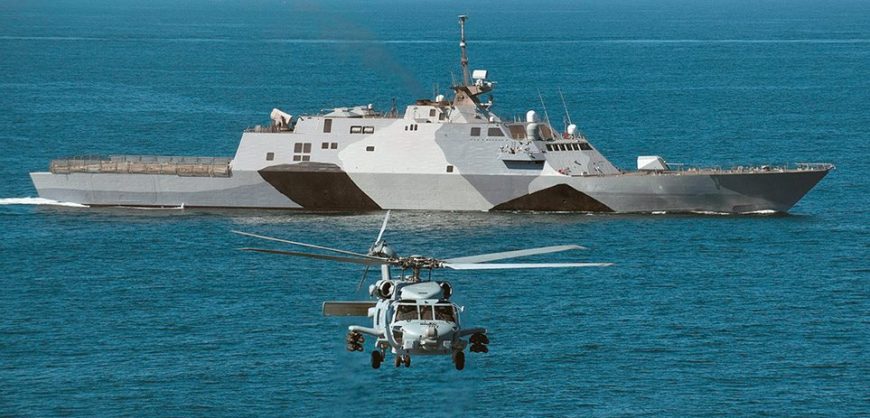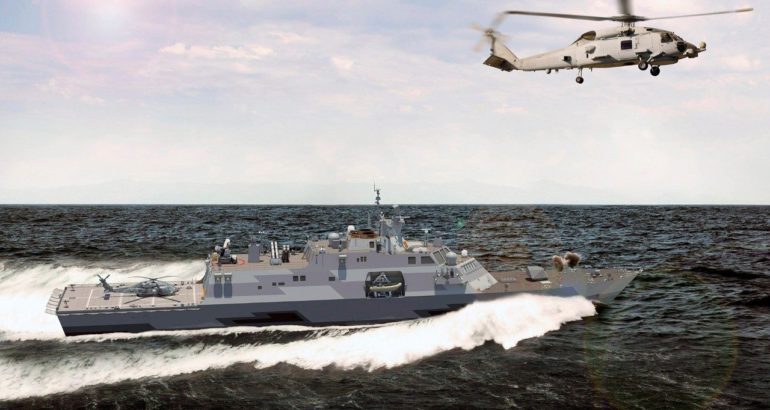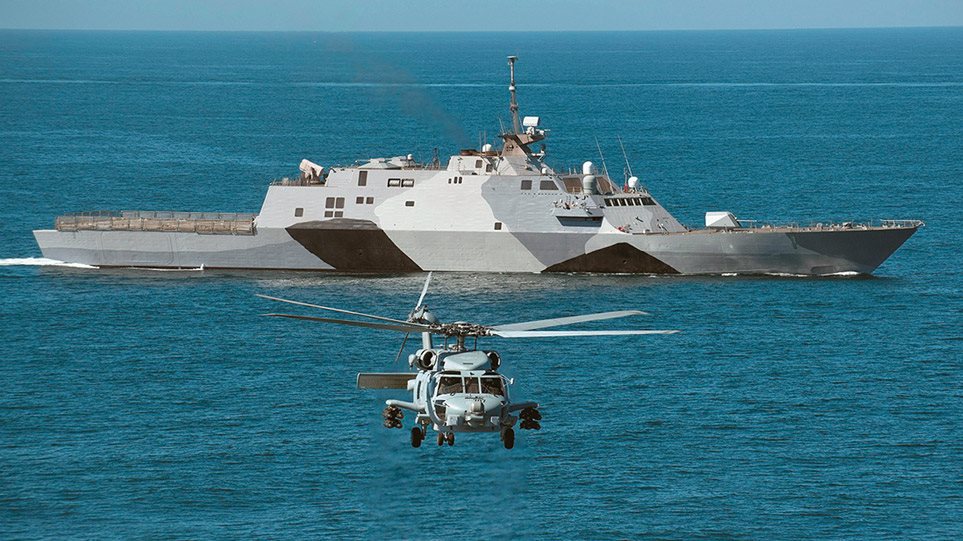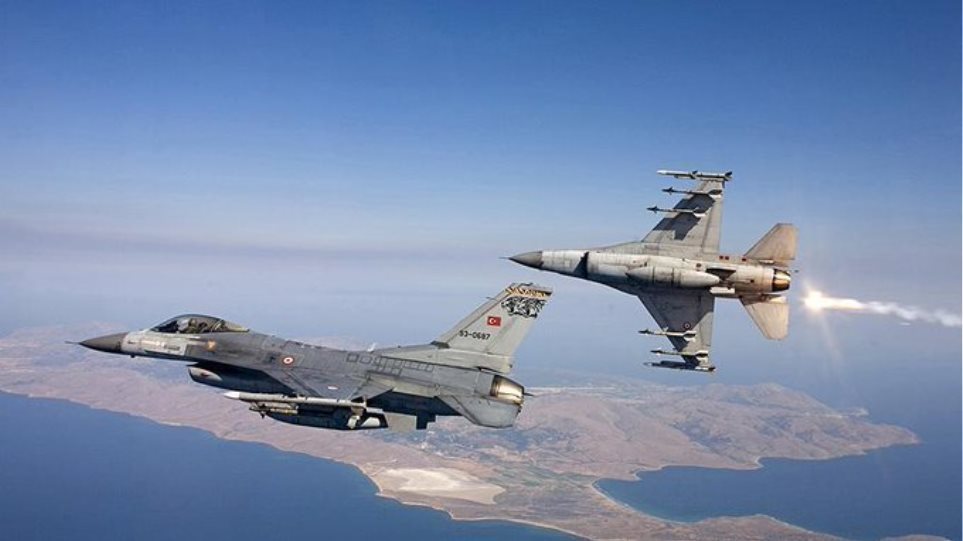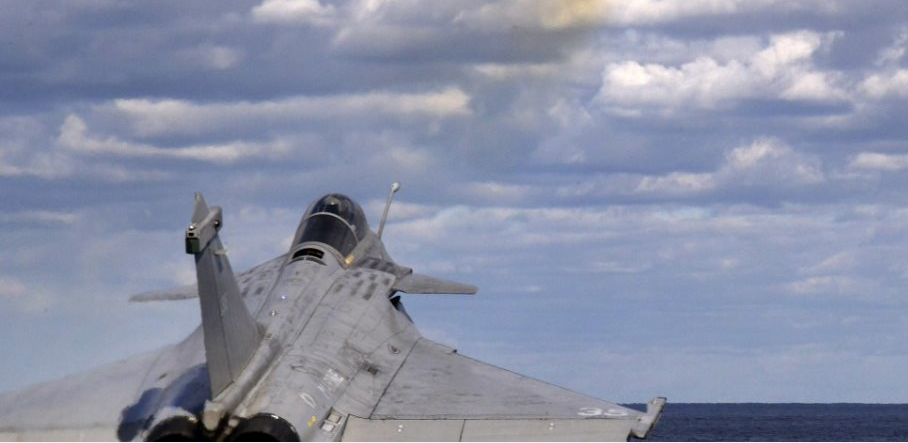As tugs bring home the newly-broken Freedom Class Littoral Combat Ship, USS Detroit (LCS 7), it is time for the U.S. Navy to declare the Freedom class Littoral Combat Ship an irredeemable failure. With the anticipated change in administration, Naval leaders have an unparalleled opportunity to earn bipartisan credit by putting the Service’s long struggle with the Freedom class behind it.
Rather than to continue throwing more and more good money after bad, Admiral Michael Gilday, Chief of Naval Operations, as well as the outgoing Secretary of the Navy, Kenneth J. Braithwaite, can use the three-month interregnum between Administrations to recommend the prompt decommissioning of the ten Freedom class ships that are already in service, impose a “stop work order” on the six hulls that are authorized or are already under construction in Marinette, Wisconsin, and propose to accelerate construction of the new and much-anticipated Constellation-class (FFG-62) Frigates while acquiring some smaller, more reliable patrol boats.
After more than a decade with the Freedom class, there is no shame in throwing in the towel and admitting defeat.
The Freedom Class Is A Lemon
The Freedom class, has, from the very first, been an unmitigated engineering disaster. The USS Freedom (LCS 1) came out of the shipyard so top-heavy, stabilizing blisters (characterized on the waterfront as “butt-cheeks”) had to be welded on the stern of the ship. Then, in 2010, the ship somehow ingested saltwater, ruining the ship’s big gas turbine. When deployed to Singapore in 2013, the ship regularly lost power, and then, finally, in 2016, the ship lost a commanding officer after the ship’s diesel engine was severely damaged.
Clashes break out in downtown Athens (videos)
Greece receives €2 billion via EU SURE program
That performance—in the first ship of a new class—can be forgiven. There is some value in figuring out the weak points on any new craft. The problem is that the rest of the Freedom class vessels have been equally problematic, suffering from an overly complex and unreliable power plant. In contrast, the competing littoral combat ship variant, the aluminum trimaran Independence Class, appears to be methodically working through teething problems. Twelve Independence class ships are in service, doing good work in the Pacific, and another seven are being built.
Read more: Forbes

